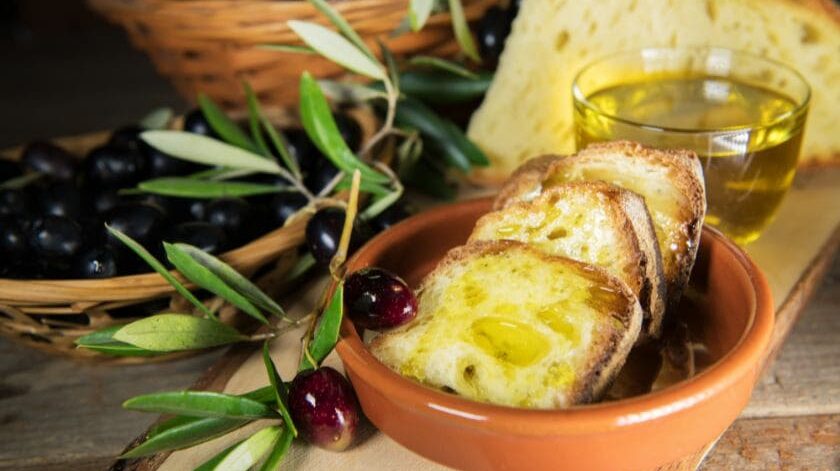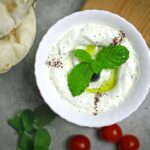The Mediterranean diet is not just a dietary pattern but also a style of cooking that focuses on using fresh, local, and seasonal ingredients. At the heart of this culinary philosophy lies organic extra virgin olive oil, which is used in various ways to enhance the flavor and nutritional value of dishes.
Here are some of the most common cooking practices within the Mediterranean diet:
Mediterranean Diet and Organic Extra Virgin Olive Oil
1. Using Olive Oil as the Primary Fat Source: Unlike other diets that rely on butter or animal fats, the Mediterranean diet primarily uses extra virgin olive oil for cooking. It is used for sautéing vegetables, grilling fish and meat, and as a base for sauces and marinades. This not only enhances the taste of the dishes but also provides healthy monounsaturated fats that are beneficial for the heart.
2. Roasting and Boiling Vegetables with Olive Oil: Vegetables are an essential part of the Mediterranean diet and are often prepared in simple yet delicious ways. Roasted or boiled vegetables such as zucchini, eggplant, peppers, and tomatoes are often cooked with olive oil and seasoned with herbs and spices like oregano, thyme, and rosemary. Olive oil not only adds flavor but also helps in the absorption of fat-soluble vitamins found in vegetables.
3. Fresh Salads with Olive Oil: Salads are a staple in Mediterranean cuisine, and olive oil is the key ingredient in salads. A simple salad of tomatoes, cucumber, onion, and feta cheese is completed with a generous drizzle of extra virgin olive oil, lemon, and salt. This practice not only highlights the freshness of the ingredients but also provides the rich nutritional benefits of olive oil.
4. Cooking Legume Dishes with Olive Oil: Legumes, such as lentils, chickpeas, and beans, are a cornerstone of the Mediterranean diet and are often prepared in dishes rich with olive oil. These dishes are known for their high protein and fiber content, making them an excellent choice for vegetarians and non-vegetarians alike. Olive oil adds flavor and texture, making legumes more delicious and easier to digest.
5. Fish and Seafood with Olive Oil: Fish and seafood are main components of the Mediterranean diet and are often cooked with olive oil to preserve their texture and freshness. Fish are grilled or baked with olive oil, garlic, lemon, and herbs—a simple yet flavorful approach that keeps their nutritional properties intact.
6. Bread with Olive Oil: In the Mediterranean diet, bread is often accompanied by olive oil instead of butter. Bread is dipped in extra virgin olive oil and is often sprinkled with herbs and olives. This simple combination is not only tasty but also nutritious, providing healthy fats and antioxidants.
Conclusion
The cooking practices of the Mediterranean diet, based on the use of organic extra virgin olive oil, not only enhance the taste and quality of dishes but also offer numerous health benefits. The use of fresh ingredients, combined with olive oil, creates a diet that is nutritious, flavorful, and promotes well-being.








